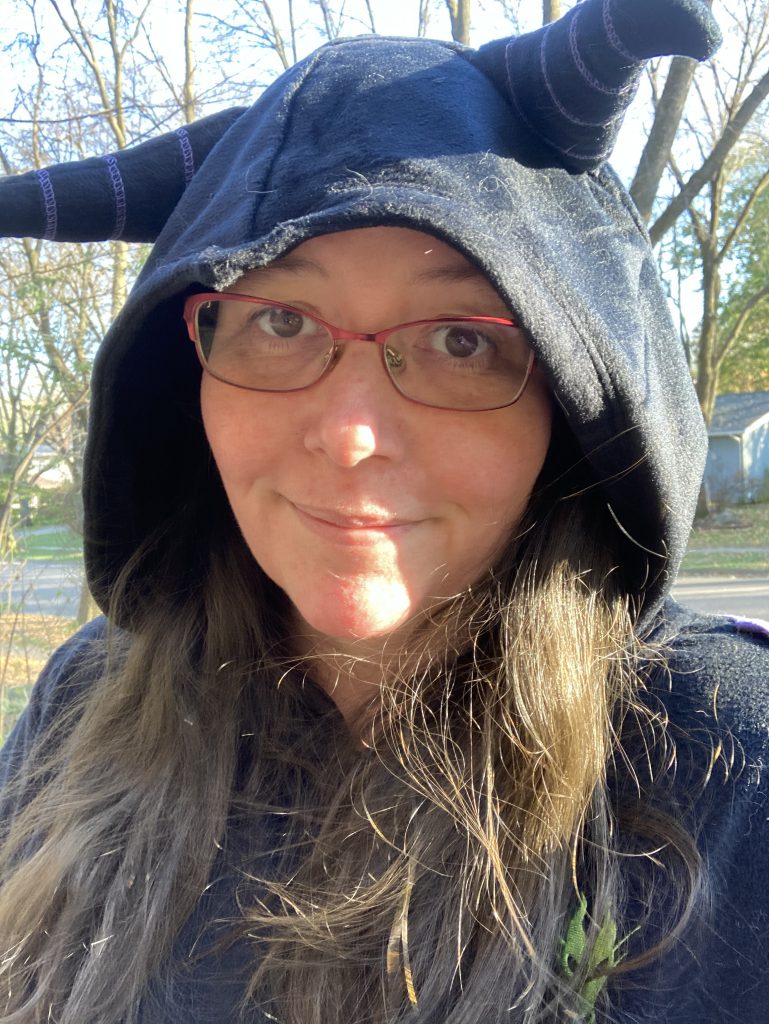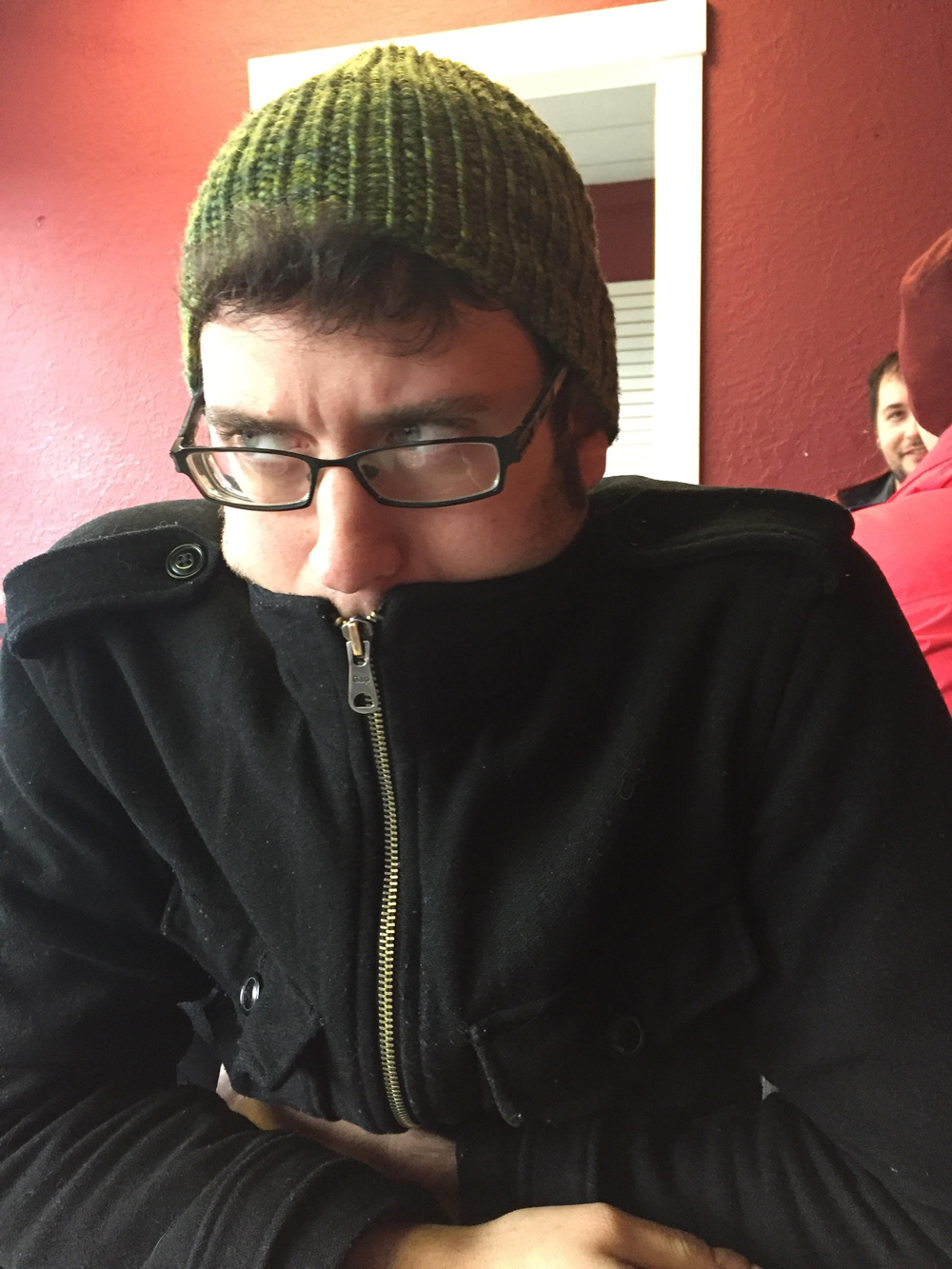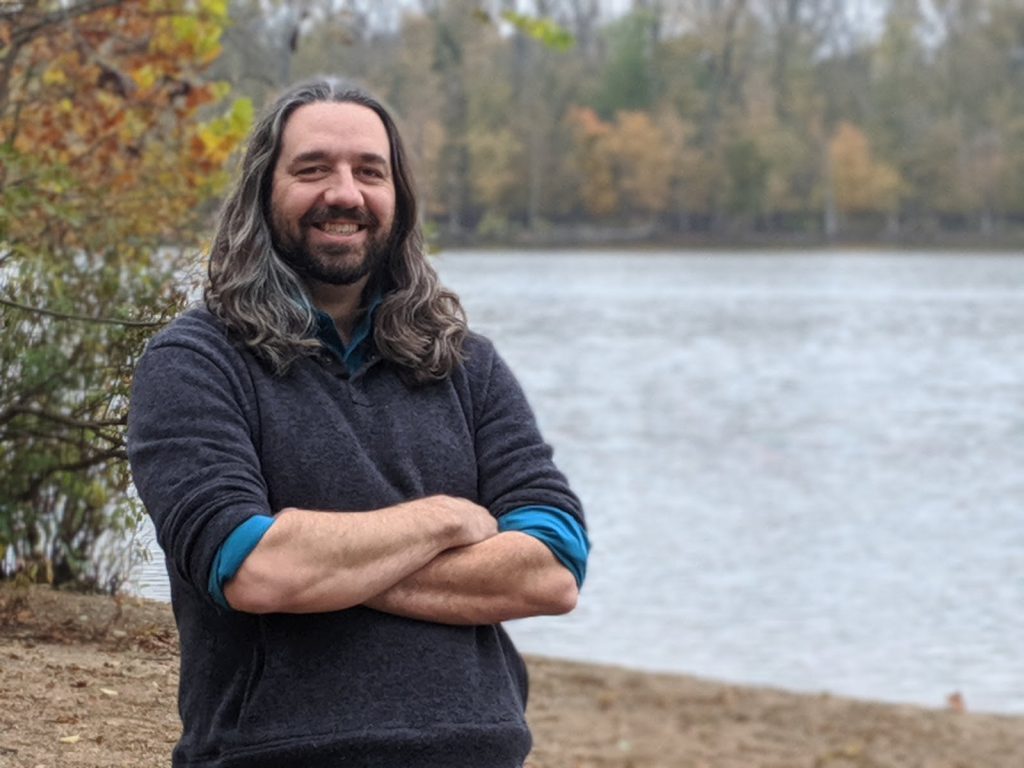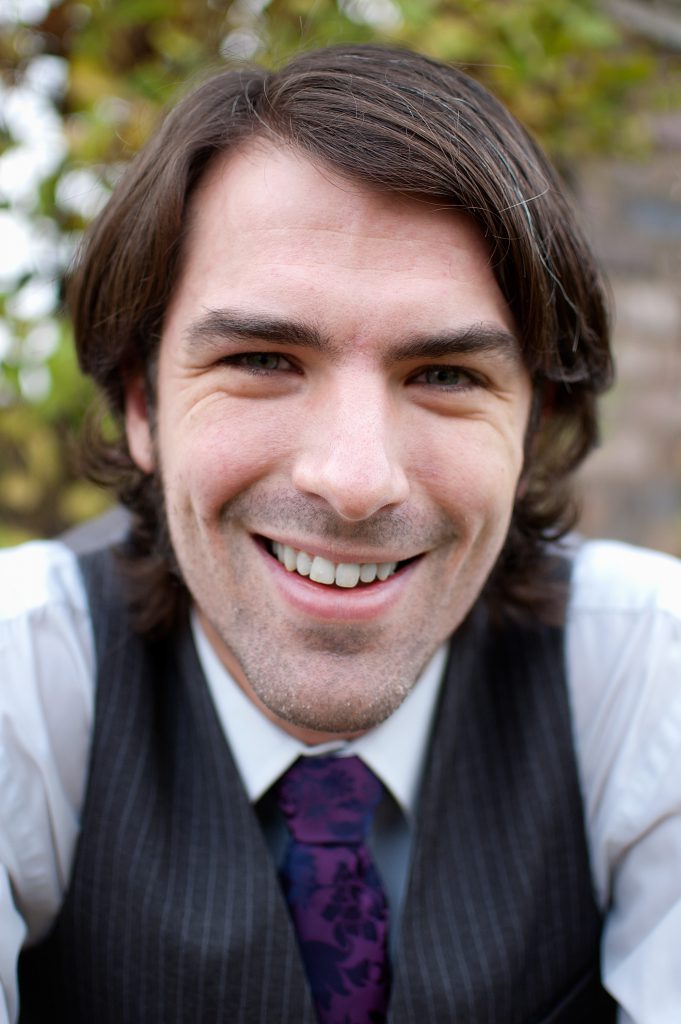edited by Kel Coleman
Sometimes, and I’m stressing the sometimes, wishes muttered within my hearing come true. I’ve invested in a good set of earbuds, noise-cancelling headphones, and have an over-spilling jar of earplugs, yet accidents still happen.
“Wish you’d always be my Dasher,” this young guy in a neon orange slouch hat says and I swear if he could blow me a winky-kissy-face emoji he would.
“Just take your food,” I say, not desperately at all, and turn to flee the apartment complex, my phone pinging another delivery option before I’ve made it to the elevator.
It’s no problem. My delivery rate on pizza and French fries and Styrofoam is far higher than my delivery rate on half-assed, wishy jokes. No problem at all.
By the time I go home for the night, my twin braids looking slept-in rather than freshly woven, I can’t say I’m too worried. That woman who wished her kids grown didn’t suddenly have teenagers (or abnormally large toddlers). That man who’d wished the neighbor’s dog would shove a sock down its throat still complained of the yapping every time I came by. My success rate is something like one out of fifty, or maybe even worse.
Yes, hopefully worse.
It’s a coincidence that I deliver the same guy Thai food three days later. 3C at Song View Apartment complex is just hungry while I’m on call. People get hungry a lot; I’ve delivered to plenty of repeats. Plenty of them.
It’s also a coincidence that I’m back the day after with a bag of cheap tacos.
“We’re going to have to stop meeting like this,” he says. “People will start to wonder about us.”
“I already wonder about you.”
He laughs, hands me a cash tip with graphite-stained fingers, and disappears behind his door. I remain on the other side for a few moments more, just staring. Not glaring. Just…wondering.
When his name pops up a few days later with an order for crab legs from a local marina restaurant, I resist. Just because I can. Because I’ve got plans and they include a credit transfer, a bachelor’s and a small studio in any city that sits on the coast. Those plans most definitely don’t include always being some jokester’s delivery girl.
Get out of the bathroom to Andromeda (renaming the cat Devil Spawn) having sat on my phone and accepted the delivery for me. What are the odds…
Pretty freaking good, it seems.
There’s a “bug” in the system the next time. A call from the company threatening termination the time after. A few times after that a rent bill looms because my savings got swallowed needing a transmission replaced and people kept swiping other orders out from under me. But not him. No, 3C at Song View is all mine it seems. All mine, forever and always and I’m not at all comfortable with that.
Late May, when classes are finalizing and my decision to transfer to Salisbury is having me throw down a deposit on an apartment four hours away, I find myself stuck at home after a car accident. I guess an F-150 destroying my backend is major enough to keep me off the road and turn my check into a wire transfer. Minor enough the car is magically fixed at the shop and back on delivery circle hell within 24 hours.
Because Mr. 3C at Song View needs his gods-damned General Tso’s.
When he opens the door this time round, he does a double-take. Eyes going bowl-like, round and saucer-shaped. “What happened to your arm?”
“Accident. Tore a ligament.” I keep the bag of food by my side.
“You doing all right?”
“Yes, thanks for–” What the hell am I doing? Consorting with the enemy. Acting like his empathy matters right now. I clear my throat and take a menacing step forward. At least, I go for menacing. My menacing might need work. “I need you to do me a favor.”
His eyes go from milk saucer-round to cat-slitted within a fraction of a second. “Oh?”
“Yes. I need you to speak the words: ‘I wish Dana Utepi is never my Dasher again.’ Better yet, just stop ordering out. In fact, I’ve brought you some recipes to get you started. Simple things: spaghetti, chicken and noodles, chicken and rice, chicken and–”
“I ordered delivery, not life advice,” he snaps and ho boy, I think I’ve hit a nerve because the man flushes. Heh, comes with the territory having skin that light I guess. Wonder what he’s so sensitive about; it’s not as if he’s living with his mom.
“First of all, the point of this is to not be your delivery driver. Ever again.”
“Just don’t take my requests then, jeesh. Not like someone’s forcing you to accept them.”
Okay, that snippery deserves a glare, so I give him the glariest glare ever in existence. “You are. And I’d like you to stop.”
I think at this point the word “crazy” probably crosses his mind, does a triple flip and lands with both feet square on the “back-away slowly” response. At least, he gives his bag of food a morose and longing glance and nudges further into his apartment.
“I’m descended from a djinn, way back, my mother’s father’s great-times-twenty grandfather a full-bred desert-dwelling not-quite-human or so the tale goes. Things get a little broken and diluted this far from the source though and wishes said in my proximity have a one in fifty chance of coming true. Or thereabouts.”
He is still standing there. The word “crazy” is now blinking at me backward out his corneas.
“You wished for me to be your Dasher always and now I’m not going to get to transfer to a better college and go on to live my life if I don’t find a way to fix what you’ve done. Or what I’ve done. Inadvertently.”
He shifts his weight and fumbles with his phone. “Can I have my food? I’ll give you a twenty if you leave.”
“Not until you say, ‘I wish Dana Utepi is never my Dasher again.'”
“If you don’t give me my food, I’m going to put in a complaint with the company.”
“Won’t work. They won’t fire me because of your stupid wish.” At least I hope so because delivering to 3C at Song View with no assurance I’d get paid doesn’t sound appealing.
When he begins typing something one-fingeredly, I lean forward to peek at the screen. He lifts his head marginally and I get a glance at those mix-and-match hazel eyes that don’t look as if they know what color they want to be. Cute. Actually, they would be cute if the owner wasn’t the bearer of my doom, the bringer of never-ending deliveries, the ender of my education and dreams.
Not cute.
“Can you maybe remove yourself from my personal space?”
“Sure thing. ‘I wish Dana Utepi was never–'”
“–never my Dasher again. Yeah. I said it.”
“You must start from–”
“I wish Dana Utepi never delivers food to me again! Happy?”
I hand him the food because I am happy. Quite happy. That had been a really strong wish. So forceful.
He slams the door in my still-grinning face.
Now, on top of tuition and rent and all the other basic necessities of life, fancy medical bills begin to stream in. This one for the doctor, that one for the tests, another for the room, and I just lose count at the piddling, growing amounts after seeing the hundred dollar charge for what amounted to liquid Tylenol. Which means more dashing. More deliveries. Longer on-call times.
3C at Song View shows up on my app a little over a week later.
Eight days. He shows up exactly eight days later because I was counting that. He even left a note on the delivery instructions: “Dana Utepi need not apply.”
Heh.
I resist. For minutes on end, I walk away from my phone, always drawn back to see if his order has been scarfed up. Other deliveries come and go and come and go. But not his. Not his.
It sits forever in the queue, his food likely gone cold, him probably steaming mad. Or maybe not. Maybe he’s studying. Maybe he’s overworked, exhausted, falling asleep on the couch, if he has a couch, while waiting for supper.
And I…I have crafted a version of events that make me feel damn guilty.
So I go pick up his sub despite his “Dana Utepi need not apply” message.
He stares at me, his hazel eyes all owlish and the stubble on his face like gloomy prickles of death. “What are you doing here?”
I probably deserve that. In fact, when I look down at the bag in my hand I can’t even find it in myself to be angry. “Guess your wish didn’t work.”
He sighs and collapses against his door frame, his fingers softly rubbing together as if to wipe away the graphite stains drawn across his skin. “I wish Dana Utepi was never my Dasher again. Did I get that right? Have you spit in my food?”
“Of course not,” and I do not hide my affront. “I’m only here because no one else snatched up the order and I worried you’d go hungry.”
“You were worried about me?” The half-hearted smile says he doesn’t much believe me.
“What kind of a person do you think I am? If my arm wasn’t in this sling I might have smacked you upside the head for that comment.”
“That’s what kind of person I think you are. The kind who casually displays violence against strangers.”
“I didn’t mean it. I was figuratively talking about what I would have liked to do.”
The look he gives me says that my defense isn’t much better.
“Okay.” Now I scowl, more because I don’t know what to do about my frustration anymore. “I don’t have time for this. I’ve got a move to plan and job applications to fill out because I want to get out of this bastard of a town. Take your food. Have a good night. Bye.”
But he doesn’t take the bag. So I stand there like an idiot holding out this condensation-heavy bag so that it hangs between us like some metaphor hovering over both our heads.
When he finally reaches out, he turns his hand sideways and slips his fingers through the hole in the bag to grip me in a pseudo-complex-not-quite-handshake. “My name is Donovan Lin. Nice to make your acquaintance, Dana Utepi.” He pulls away, taking the bag with him. “Want to come in for a cup of coffee? Or a beer? Or, hell, I learned how to make tea if you’d like some flavored sugar-water.”
“Sugar-water?” I gasp in mock outrage, some of the prickling frustration that had been beginning to sting at my eyes fading. Then I follow Mr. 3C at Song View into his apartment and he doesn’t even attempt to murder me after all my obnoxiousness. That’s magnanimous of him.
We end up sharing his huge meatball sub (not a euphemism) and he shows me his comic panels about poor kids who become superheroes while struggling to put enough food on their tables. Then he waxes on about his worries that they’ll never sell. He mentions his mom and how she’s so hopeful he’ll be an amazing success, and he doesn’t want to disappoint her.
I change the subject to our favorite movies to cheer him up because he’s speaking too much sense, and that leads to us watching an old Batman movie, which I find ironic given the subject matter of his comic, but I don’t tell him so. After that, it’s some time after eleven and we fall into a talkative state as we raid his barely-filled freezer for the dredges of ice cream.
That’s when the conversation lands on topics best left out of first dates, like slavery and wish-fulfillment, and okay, I stomp around crying out about the absolute injustice over having my entire life upset because someone (not naming any names) only ever thinks in terms of their own selfish desires and never for the people around them.
“Why don’t people ever casually wish for peace? For health? For safety? Is it too much to ask that I hear wishes for me to have any of those things? ‘I wish you a good day.’ See how easy that is?”
From where he’s curled sideways on the couch, Mr. 3C at Song View nods along, stubble rubbing against the cushion.
“No! Those are things they only think about after the fact, after they’re lost.” I ignore the fact I hadn’t even considered my own personal freedoms until they were yanked from me because, quite frankly, I don’t find it fair. It’s not as if my wishes are ever truly mine.
“It’s always ‘I wish the weather was always perfect for me.’ ‘I wish that someone would fall in love with me.’ I wish, I wish, I wish that the whole world revolved around me, me, me!” Then I dramatically collapse in one of his broken armchairs with all the grace of a prima ballerina. At least that’s how I envision it.
“I wish I could fix it all for you. I really do.” He looks it too, the sleep gone from his eyes though he now has graphite smudges along his hairline where he’d been rubbing.
“I don’t want you to fix it. I want you to stop fucking things up in the first place.”
“One in fifty, right?” He doesn’t even let me answer before he begins to repeat, “I wish Dana Utepi to be happy and successful” ad nauseum. It almost becomes a song as he repeats it over and over and when I cover my face and my embarrassed laughter, he slips those stained fingers of his over mine and peeks behind my hand.
This is where things are supposed to do the “big change,” right? Where I say happily ever after! That Dana Utepi no longer has to dash to deliver food, where she successfully moves to her new college, where she gets amazing grades and lands a dream job after graduation.
But…none of that happens.
My apartment falls through, something about them not receiving the wire transfer. My car decides that the accident really was life-threatening, at least for it, and only after I’d spent the money to fix the backend. And then I have to get surgery on my arm in order to make sure I don’t have future issues. I’m going to be swimming in bills and I don’t have any way to pay them.
All I really have is a new boyfriend to show for all those wishes for Dana Utepi to have a happy and successful life.
A new boyfriend named Donovan Lin who happens to have a friend living in Salisbury who happens to have just lost their roommate.
A new boyfriend with a graphic novel about working-class superheroes that goes to auction with enough of an advance he buys me a cheap replacement for my car as an unbirthday gift.
A new boyfriend who drives me to and from my surgery appointment and makes me the grossest soup I’ve ever tasted before using Grubhub (on pain of pain) to fetch something far more palatable.
A new boyfriend who, while I lay beside him in bed, all groggy from painkillers, I realize wished to be able to fix all my problems for me. Right before he’d wished for me to be happy and successful over and over and over.
One in fifty.
Sometimes it’s the casual wishes that ring truest.
Half-asleep and snuggling closer to him, I think about taping his stupid mouth closed. Might be the only way to keep these wishes we must fix from tumbling haphazardly out of it. Otherwise, we’re going to have to have a serious conversation about removing the word “wish” from his vocabulary. Permanently.
© 2022 by Marie Croke
2600 words
Author’s Note: Casual wishing is a dangerous pitfall, because, not only does it shift our focus on what we don’t have instead of what we do have, but those wishes, whether we realize or not, can affect everyone around us. We can’t all win the lottery, sell the story, win the game, so if you do, that means others had wishes that likely didn’t come to pass. This story came from reminding myself to be thankful my own casual wishes have not all come true, because that means a different wish has come true for someone else.

Marie Croke, a graduate of the Odyssey Writing Workshop and a winner of the Writers of the Future Contest, has had stories published in Beneath Ceaseless Skies, Dark Matter Magazine, and Cast of Wonders, among other fine magazines. She lives in Maryland with her family, all of whom like to scribble messages in her notebooks when she’s not looking. You can find her book recommendations online at mariecroke.com or chat with her @marie_croke on Twitter.
If you enjoyed the story you might also want to visit our Support Page, or read the other story offerings.








